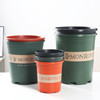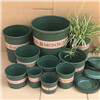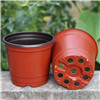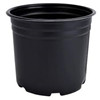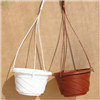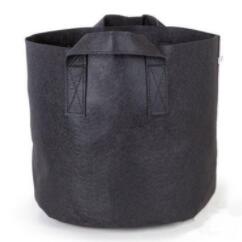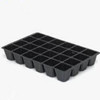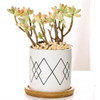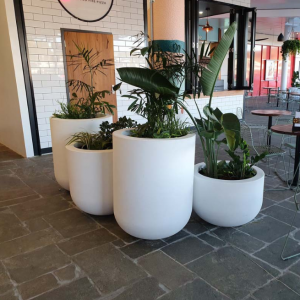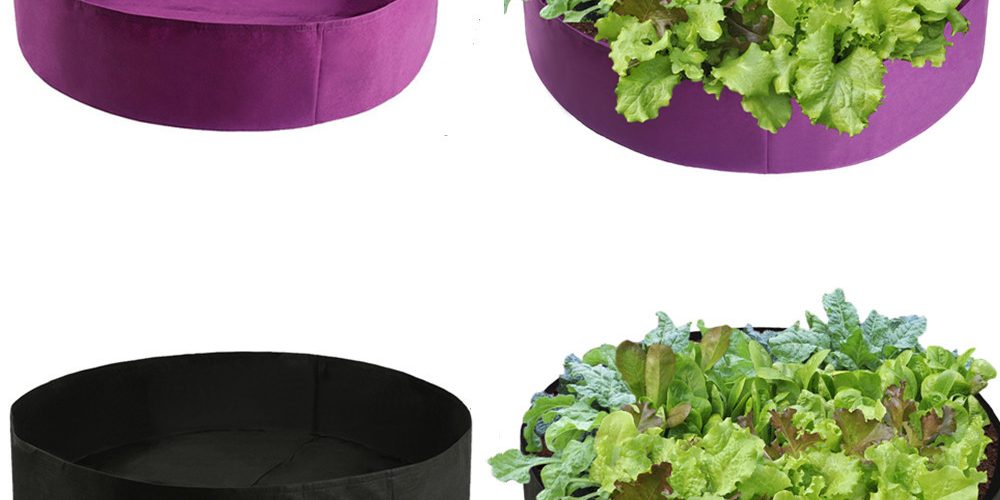Introduction: Non-woven flower pots have emerged as an eco-friendly and sustainable alternative to conventional plastic or ceramic containers. As more gardeners and horticulture enthusiasts adopt these innovative pots, it becomes essential to understand how to use them effectively and dispose of them responsibly. In this blog, we provide a practical guide to using non-woven flower pots in a sustainable manner, from planting to disposal.
- Planting in Non-Woven Flower Pots: When planting in non-woven flower pots, ensure you choose the appropriate pot size for your plants. The breathable and biodegradable nature of these pots requires you to water them more frequently than plastic containers. Monitor soil moisture levels regularly and adjust your watering schedule accordingly to maintain optimal plant health.
- Repotting and Reusing: Non-woven flower pots can be easily reused for multiple planting seasons. When it’s time to repot your plants, gently remove them from the non-woven pots, amend the soil if needed, and replant them in fresh non-woven containers. Reusing the pots reduces waste and supports sustainable gardening practices.
- Composting and Biodegradation: At the end of a pot’s life cycle or if the pot becomes damaged, consider composting it along with other organic materials. Non-woven flower pots will naturally biodegrade in a compost pile, returning valuable nutrients to the soil. Composting the pots ensures they leave no negative impact on the environment.
- Landfill Disposal: If composting is not feasible, dispose of non-woven flower pots in the landfill with peace of mind. Unlike traditional plastic containers, non-woven pots will not linger for hundreds of years, causing harm to the environment. The biodegradation process of these pots ensures a minimal ecological footprint.
- Supporting Sustainable Brands: When purchasing non-woven flower pots, opt for products from brands committed to sustainability and environmental responsibility. Choose pots made from renewable and eco-friendly materials, ensuring your gardening choices align with your commitment to a greener future.
Conclusion: Using and disposing of non-woven flower pots sustainably is an essential aspect of promoting eco-friendly gardening practices. Planting appropriately, reusing the pots, composting, or landfill disposal all contribute to reducing waste and minimizing the environmental impact. By making conscious choices and supporting sustainable brands, gardeners can fully embrace the benefits of non-woven flower pots while actively contributing to a greener and more sustainable world.


